TYPE OF ACTIVATED CARBON
Activated carbon, also known as activated charcoal, is a form of carbon that has been processed to have small, low-volume pores, which increase the surface area available for adsorption or chemical reactions. It is widely used for purification, filtration, and adsorption purposes due to its high porosity and ability to bind with various molecules.

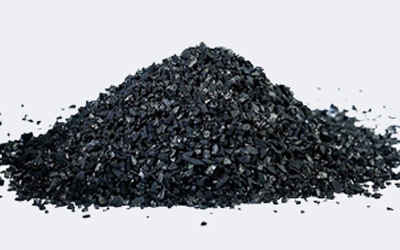
Granular Activated Carbon (GAC)
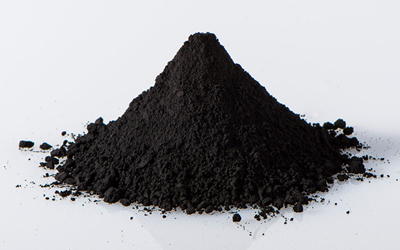
Powdered Activated Carbon (PAC)
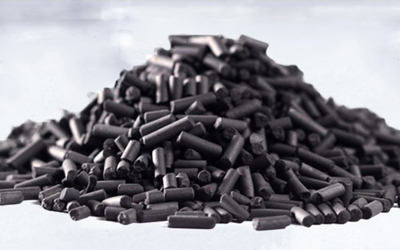
Extruded Activated Carbon (EAC)
Application Of Granular Activated Carbon (GAC)
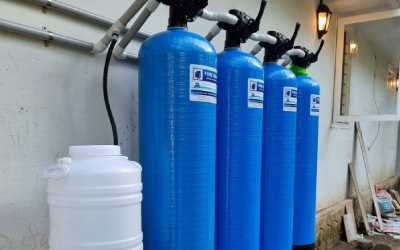
Water Treatment
GAC is commonly used in large-scale water treatment plants to remove contaminants such as chlorine, chloramines, pesticides, volatile organic compounds (VOCs), and other organic chemicals that affect water taste, odor, and safety. GAC is also a key component in household water filters (e.g., under-sink or faucet filters) as well as countertop and pitcher filtration systems. It helps remove impurities such as chlorine, sediment, and other harmful compounds, improving both the taste and quality of water.
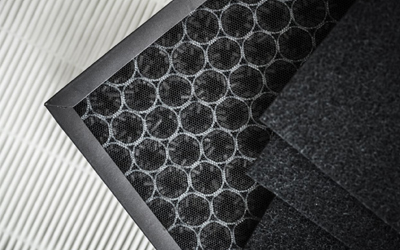
Air Purification
GAC is commonly used in home and industrial air purification systems to remove harmful gases, chemicals, and odors from the air. It can adsorb VOCs, ozone, and sulfur compounds, making it an important tool in improving indoor air quality.In heating, ventilation, and air conditioning (HVAC) systems, GAC filters help remove pollutants, smoke, and odors from the air, enhancing air quality in commercial buildings, offices, and residential areas.
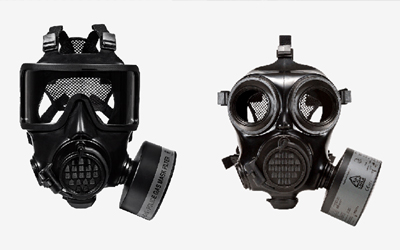
Gas Masks and Respirators
An safety equipment, such as gas masks and respirators, GAC is employed to adsorb hazardous gases, vapors, and fumes, protecting workers from exposure to harmful substances in industrial and hazardous environments.
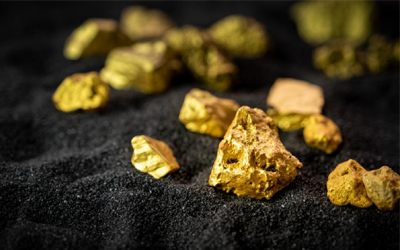
Gold Recovery
The adsorption of gold as a complex onto the activated carbon is the basis of modern techniques for gold recovery. Global Adsorbents has experience of over 25 years in working with a large sector of industries and have been instrumental in providing economical solutions to customers’ process challenges. Our carbon is specially engineered for both Amalgamation & Cyanidation process of gold recovery.

Cigarette Filter
Removal of toxic impurities and degraded compounds bring improvement
in taste. Selection of right quality carbon optimizing the bad consequences of smoking. We have vast experience to talk about individual products of the customer.

Glycerin Purification
Removal of color organic impurities and degraded compounds brings improvement in appearance. Selection of right quality carbon optimizing the doses in our specialty. We have vast experience to talk about individual products of the customer.
Application of PAC
Powdered Activated Carbon (PAC) is a finely ground form of activated carbon that has a high surface area, making it particularly effective in adsorption applications. Due to its fine particle size (less than 0.18 mm in diameter), PAC can be easily dispersed and mixed with liquids, which makes it ideal for various purification and treatment processes. Here’s a detailed look at its applications:
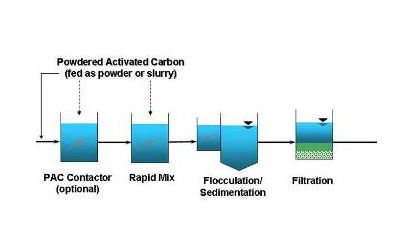
Water and Wastewater Treatment
PAC is widely used in both municipal and industrial water treatment systems to remove contaminants and improve water quality. It is often added directly to the water or wastewater in powder form.PAC is used in municipal water treatment plants to remove organic compounds, pesticides, herbicides, odor-causing compounds, and chlorine by products (such as trihalomethanes).It is particularly effective at removing volatile organic compounds (VOCs) and natural organic matter (NOM) PAC is also used in tertiary treatment stages (after biological treatment) to remove pharmaceuticals, endocrine-disrupting compounds, and other micro pollutants that are difficult to eliminate using traditional treatment methods.

Food and Beverage Industry
PAC is extensively used in the food and beverage industry for decolorization, deodorization, and purification purposes.PAC is used to remove color impurities from raw sugar solutions, yielding a more refined and lighter-colored product.

Wine and Juice Clarification
In wine making and juice production, PAC is used to remove off-flavors, odors, and color impurities, improving the taste, appearance, and overall quality of the final product.

Edible Oils
PAC is used to purify and de colorize edible oils, such as vegetable oils and palm oil, by removing unwanted color and contaminants.We now offer a number of indi genously developed products for your ‘vanaspati’ purification needs. Used in conjunction with bleaching earth, our grades of Powder Activated Carbon (Kosher certified) can quantitatively eliminate color molecules and PAH (Poly Aromatic Hydrocarbon), the main impurities that the refiners look to control during their commercial manufacturing process.

Bulk Drug API
As India’s leading manufacturer of Activated Carbon, Global Adsorbents offers various grades of adsorbents and efficient service in t he Bulk Drug API, Sugar Refinery, food and beverage industries. Our Powdered Activated Carbon is best for removal of color organic impurities and degraded compounds bring improvement i n – appearance, taste and purity.
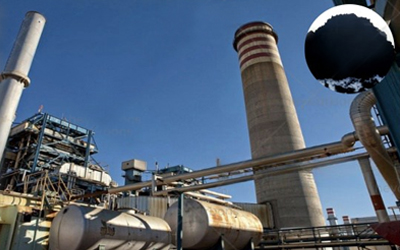
Flue Gas
Global Adsorbents offers wide range of Coal Based PACs to cater to a wide spectrum of industrial applications from product purifications to pollution controls and successfully provides huge pool of environmental remedies. Due to macro porosity and unique adsorptive capacity of Global Adsorbents’ Coal Based Activated Carbon, organic contaminants and other impurities of large molecules can easily be removed.
Application of Extruded Activated Carbon
Extruded Activated Carbon (EAC), also known as pelletized activated carbon, is a cylindrical form of activated carbon made by combining powdered activated carbon with a binder and extruding it into uniform pellets. The cylindrical shape, with diameters ranging from 1mm to 5mm, offers several advantages such as high mechanical strength, low dust generation, and a controlled pore structure, making it ideal for applications that require air and gas treatment.

Volatile Organic Compounds (VOC) Removal
EAC is highly effective at adsorbing VOCs from industrial air streams, reducing air pollution. It is commonly used in chemical plants, refineries, and manufacturing facilities to remove harmful organic compounds before the air is released into the atmosphere.
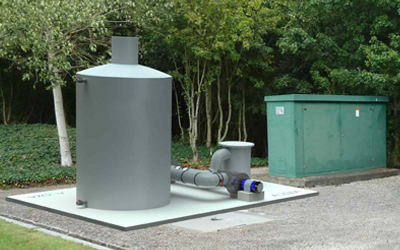
Odor Control
EAC is extensively used in odor control systems, especially in sewage treatment plants, chemical processing units, and waste management facilities. It adsorbs sulfur compounds, ammonia, and other odor-causing substances, significantly improving air quality.
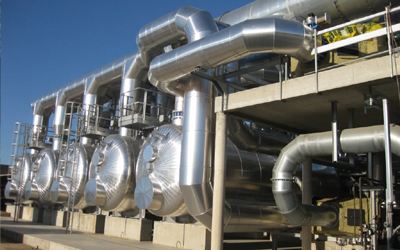
Solvent Recovery
EAC is used to recover solvents in industries such as paint manufacturing, printing, and pharmaceuticals. It adsorbs solvents from air streams, which can then be desorbed and reused, providing both environmental and economic benefits.
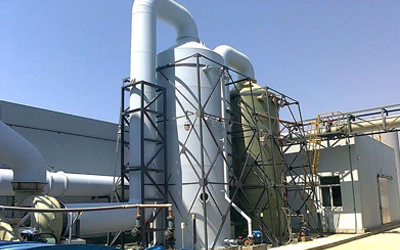
Hydrogen Sulfide (H₂S) Removal
EAC is employed in natural gas processing and bio gas plants to remove H₂S, a toxic and corrosive gas. This prevents equipment damage and meets regulatory standards for emissions.

Compressed Air Purification
EAC is used in compressed air systems to adsorb oil vapors and other contaminants, ensuring clean air for industrial applications such as pneumatic systems, food packaging, and pharmaceutical production.
